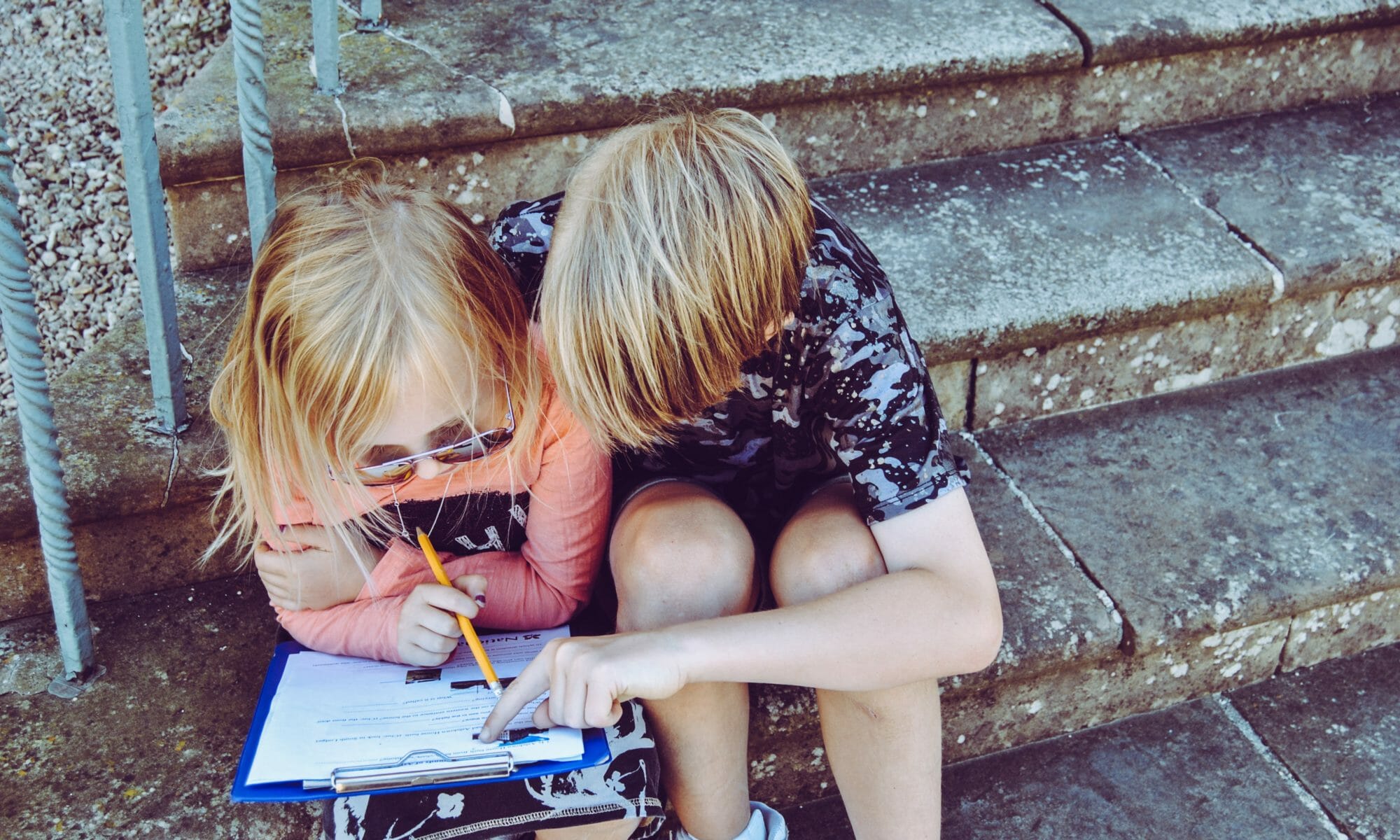Co-parenting isn’t easy, especially when there’s a lot of tension between parents. Whether it’s from a tough divorce, different views on raising kids, or personal issues that never got resolved, finding a way to work together can feel impossible.
That’s where co-parenting therapy steps in—like a referee, a peacekeeper, and a translator all rolled into one. But can it really turn chaos into calm?
In this article, we’ll talk about what co-parenting therapy involves and if it actually works for parents who struggle to get along.
What includes in Co-Parenting Therapy?
Co-parenting therapy is for parents who have broken up but still need to raise their kids together. It’s not about fixing your relationship with your ex, but it is about making sure your kids come first.
So, what does co-parenting therapy cover? It’s more about doing things than just talking.
Here’s what you’re looking at:
- Creating a Parenting Plan: You both need to know who’s picking up the kids, who’s handling doctor appointments, and all that stuff. No more miscommunication or crossed wires—just a clear plan.
- Setting Boundaries: You need to decide what’s acceptable behavior when dealing with each other. Are pop-in visits allowed? What’s the tone of communication? Get these things sorted.
- Handling Disputes: When arguments over bedtime, screen time, or discipline come up, you’ll need tools to manage them. You don’t want the kids caught in the middle of your disagreements.
- Supporting the Kids’ Emotions: The kids are going through a lot too. This therapy helps you figure out how to talk to them about what’s happening and support them emotionally.
- Improving Communication: Yeah, you probably don’t want to talk to your ex more than you have to. But in co-parenting, communication is key. You’ll learn how to do it in a way that’s calm and productive.
The Need for Co-Parenting Therapy in High-Conflict Situations
High-conflict co-parenting typically involves frequent arguments, poor communication, and difficulties in making joint decisions. And you know who suffers the most? The kids.
When parents can’t get along, kids often end up dealing with anxiety, depression, acting out, and even having trouble in school. The American Psychological Association (APA) has found that kids do much better when their parents can find a way to work together—no matter how much they dislike each other.
So, if you and your ex are constantly butting heads, co-parenting therapy is worth considering. It’s a safe space where you can both learn how to manage conflicts better and focus on what truly matters—your kids.
Does Co-Parenting Therapy Really Work For High Conflict Parents?
The moment you’re thinking about taking co-parenting therapy, a common question that also may arise on your mind. Which is whether it can be effective for high-conflict parents who frequently disagree. Does co-parenting therapy truly work in your situations where there’s significant tension between your ex spouse?
Well, research suggests that co-parenting therapy can be effective, though the outcome often depends on the willingness of both parents to engage with the process. A study published in the Journal of Family Psychology found that parents who participated in structured co-parenting programs reported lower levels of conflict and better overall parenting satisfaction compared to those who did not.
Importantly, children in these families showed improvements in emotional well-being and school performance. Also it helps resolve disagreement and minimise conflict. Also help parents to enhance parenting skills, and reduce stress and anxiety.
From our experience we also see that Co-parenting therapy can work for high-conflict parents, but its success hinges on the commitment of both parties to the process. However, success is not guaranteed, particularly when one or both parents are unwilling to cooperate. In cases where there’s entrenched animosity or abuse, therapy may not be enough to bridge the gap. This is why some therapists recommend mediation or even parallel parenting, where parents have limited direct interaction but still work to co-parent.
The Challenges of Co-Parenting Therapy in a High conflict parents
While therapy has the potential to create a more peaceful co-parenting dynamic, it’s not a magic cure. There are several challenges that you should keep in your mind too:
- Both Parents Need to Participate: For therapy to be effective, both parents must be willing to engage in the process. If one parent refuses to participate or sabotages the therapy, progress can be slow or nonexistent.
- Emotional Baggage Can Linger: High-conflict parents often have unresolved emotional issues, such as resentment, betrayal, or fear. These emotions can make it difficult to focus on co-parenting and may require individual therapy alongside co-parenting sessions.
- It’s a Long-Term Process: Co-parenting therapy isn’t a quick fix. It often takes months, sometimes years, to build a functional co-parenting relationship. The progress may be slow, and setbacks are common.
- High Conflict May Require Alternative Approaches: In extreme cases of conflict, such as those involving domestic violence or personality disorders, traditional co-parenting therapy may not be feasible. In these situations, parallel parenting or legal intervention might be more appropriate.
Wondering How to Start Co-Parenting Therapy?
If you’ve gone through a high-conflict divorce and often find yourself disagreeing on parenting decisions, you don’t have to handle it alone. Every family’s situation is different, and finding a peaceful way to co-parent takes patience, understanding, and the right support.
Your first step is to reach out to a parenting coach who can guide you.
2houses has experienced therapists who are here to help. We offer personalized counseling services to address your family’s unique challenges, keeping your child’s well-being as the top priority in every decision.










